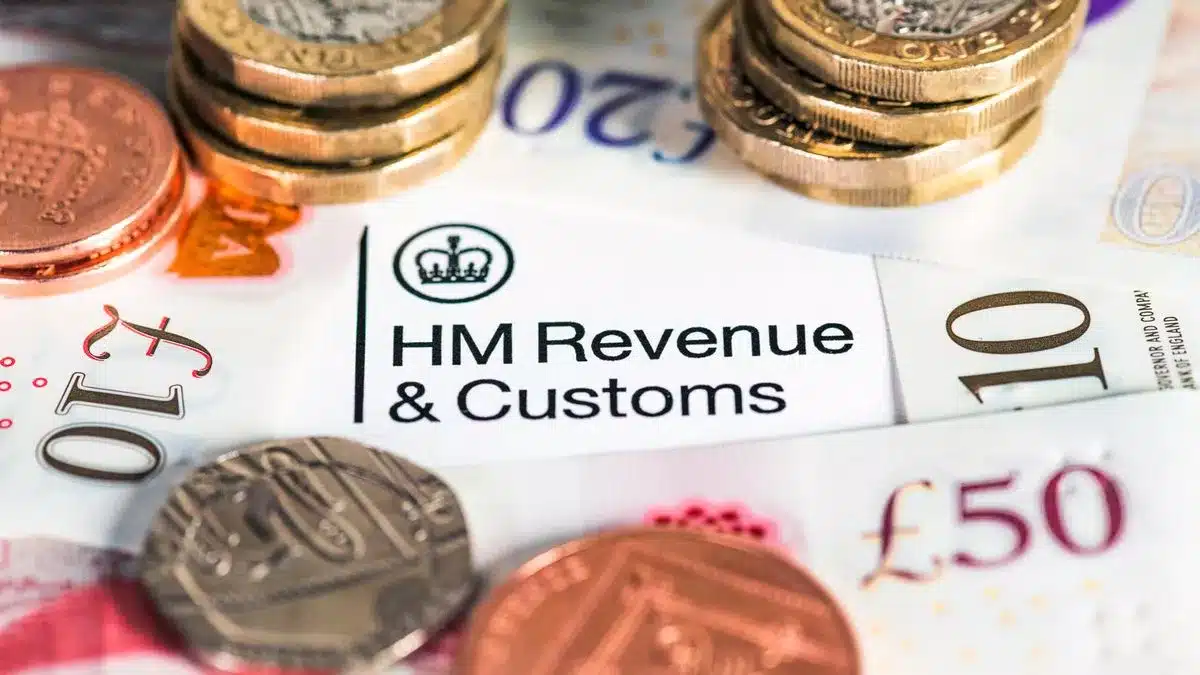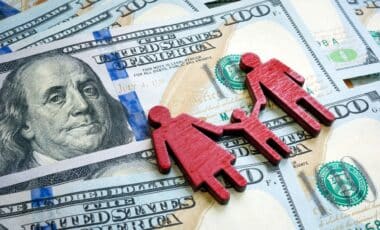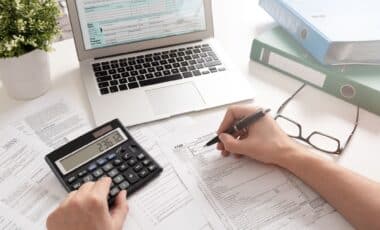People who submit their taxes directly to HMRC through Self-Assessment are being urged to meet the deadline today, July 31. If they fail to do so, they could face a significant penalty, according to a tax expert.
Second Payments must be made by July 31. This deadline affects many individuals, especially those who handle their own taxes, including freelancers and pensioners who are required to pay tax.
HMRC Warns Taxpayers: July 31 Deadline for Payments on Account to Avoid Late Fees
A tax expert cautioned that missing the deadline may lead to fees in the form of a late payment interest, which currently stands at a rate of 7.75%.
Andy Wood, a tax adviser from Tax Natives, stated: “Taxpayers should be acutely aware that the deadline for the second ‘Payments on Account’ is July 31, 2024. Missing this deadline could result in a costly 7.75% late payment interest charge.
“The ‘Payments on Account’ system is a strategic measure implemented by HMRC to assist taxpayers, particularly self-employed individuals, in managing their annual tax liabilities more effectively by spreading the payment burden.
“With the late payment interest rate set at 7.75%, it’s crucial for taxpayers to meet the deadline to avoid unnecessary financial penalties.
“This serves as a strong incentive to ensure timely payment. Taxpayers who anticipate a lower tax bill than the previous year should take proactive steps by requesting a reduction in their ‘Payments on Account’ from HMRC. This can be done conveniently online or by post.
“In cases of overpayment, HMRC will issue a refund. Conversely, if there is an underpayment, the taxpayer will be subject to interest charges. It’s essential to calculate your expected tax bill accurately to avoid these issues.
“As the deadline approaches, it’s vital to remind friends and family about this important tax obligation. Ensuring everyone is aware of the ‘Payments on Account’ deadline can prevent unnecessary financial penalties.”
Who Needs to File an HMRC Self-Assessment Tax Return?
Taxpayers may need to complete a tax return if they:
- Are new to self-employment and have made over £1,000.
- Have several income sources.
- Have earned income that has not been taxed in, such as making money from producing content on the internet.
- Earn more than £100,000 a year.
- Receive revenue by renting out real estate.
- Recently joined a business partnership.
- Receive Child Benefit, and their or their partner’s income exceeds £50,000.
- Get interest exceeding £10k from building societies and banks.
- Receive dividends exceeding £10,000.
- Are required to pay Capital Gains Tax.
- Work for themselves and make under £1,000, but intend to pay Class 2 National Insurance Contributions in order to keep receiving the State Pension and other benefits.









